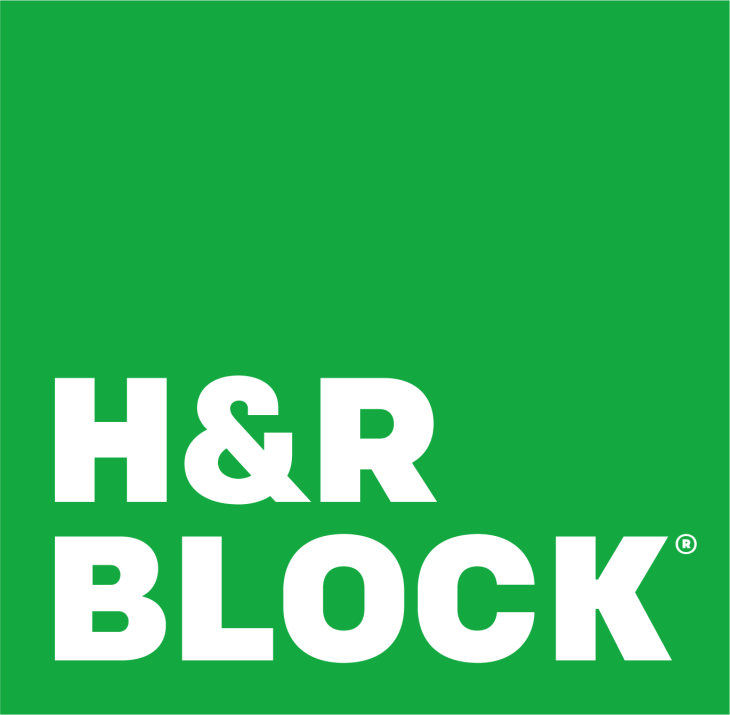“Return-free Filing” and “Real-Time Tax” Proposals Raise Serious Questions and Concerns for Taxpayer Rights and Privacy.
The Congressional tax-writing committees – the Senate Finance and House Ways and Means committees – continue to hold hearings on all elements of the Internal Revenue Code, from marginal rates for individuals to corporate income tax rates, to tax preferences, to changes in tax administration. Most would agree that the tax code is very complex. A second and equally important point of agreement is the strong support for the current “Voluntary Compliance” system, whereby taxpayers indicate what tax they owe and the IRS reviews their returns for compliance. The American people do not want the IRS to send us a bill stating what income taxes we owe.
A handful of academics and policy activists have urged the United States to abandon the Voluntary Compliance system, and to transfer tax preparation to the IRS and substitute a new return-free tax system for citizen-centric Voluntary Compliance. To enable a return-free system, the IRS would first assemble a massive database with all financial personal information for every taxpayer. The IRS would then use the information to “pre-populate,” prepare and calculate tax returns and distribute them to taxpayers. The taxpayer could then challenge the IRS return or sign it and pay the bottom line.
Some are strongly advocating these proposals to expand the role and mission of the IRS, and argue that they would constitute “simplification” and “reform.” Others are deeply concerned about these ideas and suggest that the Real-Time/Return-Free proposal raises many serious questions and answers none.
- Americans’ privacy inevitably would be compromised. The IRS processes 160 million individual income tax returns annually, and that number increases each year with population growth. It is inevitable, given the sheer number of individual tax returns and given the mobility of the American people, that thousands (perhaps millions) of pre-populated income tax returns containing the most intensely personal taxpayer information would be sent to the wrong address and/or otherwise obtained by people other than the intended taxpayer. Privacy is a bedrock principle of American society. A return-free system whereby the IRS sends personal taxpayer information and a tax liability calculation to a taxpayer’s last known address inevitably will result in breaches of taxpayer privacy. Furthermore, the use of pre-populated IRS returns could increase the occurrence of identity theft, in which thieves use a taxpayer’s information to file a fraudulent return and steal the refund.
- Third-party compliance costs increase. Under a return-free system, third-party compliance costs would increase (to small businesses, employers, financial institutions and other payers of income to individuals) because reporting deadlines would have to be moved up, with associated supporting systems and administrative requirements. These costs – which have been estimated at $500 million to $5 billion – would fall disproportionately on the small-business sector. A return-free system would impose even more burden on such businesses.
- Delay of much-needed taxpayer refunds. Even with third-party filing deadlines moved up, taxpayers who currently file early to obtain a refund would not be able to do so in the same time frame. Millions of taxpayers significantly depend on their tax refunds (a return of their own money withheld by the government) which likely would be delayed under a return-free system.
- Costly implementation and higher risk of error. The IRS does not have the information technology system, resources or experience to fully and completely carry out its current mission, let alone to implement a Real-Time/return-free system. IRS would be forced to divert money, employees and resources from other critical issues and activities, even as its mission expands. The risk of error would be greater due to stretched IRS capabilities.
- IRS will be both tax preparer and tax enforcer. The IRS would have an inherent conflict of interest because it would be forced to function as tax preparer, tax auditor, investigator and enforcer. Under a return-free system, the principle of Voluntary Compliance would be eroded if not completely ignored. Many taxpayers simply will not have the experience and confidence to challenge or reject an official IRS pre-populated return, even though they would remain solely liable for any errors committed by the IRS. Even educating the public about the reality of their legal liability for the accuracy and completeness of the IRS-prepared return would be a major challenge.
- Proliferation of Wrongful Returns. The IRS currently has carefully limited access to certain aspects of taxpayers’ personal information. Line items that can reduce tax liability – e.g., purchase of a home, caring for a family member, charitable contributions, child care, eligibility for the EITC – are not known to the tax agency until reported by the taxpayer. As a result, those who need these credits or deductions the most run the serious risk that the IRS cannot prepare an accurate return and could deny them the refund to which they are entitled. Low-income filers and those with English as a second language may be particularly intimidated by “official” IRS documents and less likely to challenge the tax agency’s determination of tax liability.
- Threats to tax system security. Permitting the IRS to prepare individual returns on a large scale could compromise taxpayer privacy. Furthermore, centralizing all financial personal data in one government agency – IRS – makes the American tax system more vulnerable to cyber threats and attacks. Today, in contrast, taxpayer financial data and information is stored in and directly retrievable from thousands of highly diverse, original sources – including payroll firms and financial institutions — thus making a systemic cyber attack or intrusion on taxpayer information virtually impossible.
- Return-free systems have not been a panacea in other countries. Several European countries and the State of California have tried return-free tax systems, and they have encountered a multitude of problems or, as in California, indifference and disengagement of taxpayers. Very few Californians have voluntarily chosen to participate in that State’s “ready-return” system, a form of return-free taxation. National polls show a strong mistrust and fear of tax agencies, likely due to both experience and history, as well as the strong cultural inclination in the United States for citizen-centric Voluntary Compliance.
- Access to Free Tax Filing. The majority of Americans already have access to free tax preparation today through the national Free File Program. Since 2003, more than a dozen private-sector tax preparation companies have made their tax software available (free of charge) to taxpayers earning less than $73,000 per year (this figure is adjusted annually so that it always covers the lowest-earning 70 per cent of U.S. taxpayers). Taxpayers can go to IRS.gov, click on the “Free File Program” link, and have their taxes prepared for free right on the IRS website. The Free File Program is free to both the user and the government.
- Undercutting private-sector innovation and investment. Private-sector tax preparation companies were instrumental in assisting the IRS to move to an electronic-filing system. If the federal government becomes the nation’s tax preparer at public expense and replaces the role of private-sector innovation, it will substantially reduce the likelihood of future investment and innovation, and instead produce an American tax compliance system frozen in time, even as other aspects of people’s financial lives continue to transform and simplify through invention and rapid technology innovation.




